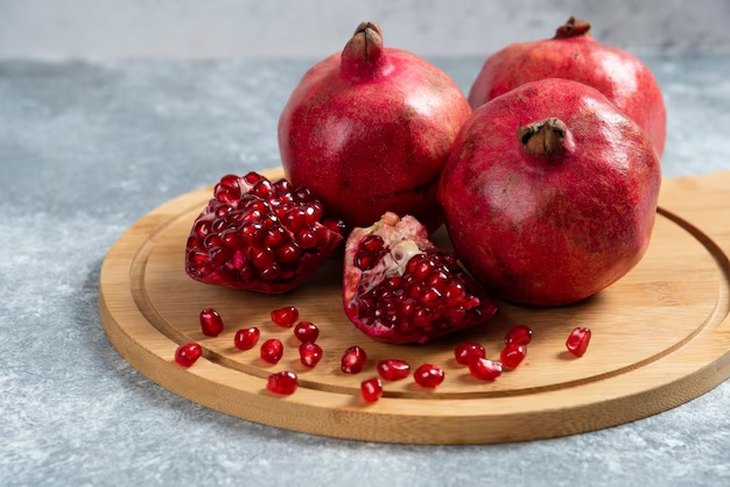
The notion that drinking pomegranate juice every day or using pomegranates will help eliminate kidney stones is very misleading - Photo: FREEPIK
The article also suggests that both the fruit and its seeds may help reduce the effects of kidney stones. While fiber-rich or citrus fruits may help, the notion that drinking pomegranate juice daily or eating pomegranates will eliminate kidney stones is false, according to the health information and fact-checking platform The Healthy Indian Project (THIP).
Can pomegranate help treat kidney stones?
Pomegranate (Punica granatum) is being studied for its potential to help prevent kidney stones. This may be due to its high antioxidant content and ability to reduce oxidative stress, which contributes to stone formation.
Pomegranate juice and pomegranate extract have shown positive results in reducing free radicals, but studies have so far only been in animals.
Pomegranates also have anti-inflammatory properties that help soothe kidney irritation and reduce the risk of stone formation. The fruit is also rich in potassium, vitamin C, and polyphenols, which are beneficial for kidney health.
However, while pomegranate helps reduce oxidative stress and improve kidney function, it cannot cure kidney stones.
Dr. Archana Daftardar, a specialist at Renova Hospital (India), notes that nutritional recommendations should be based on the chemical composition of the stone. Fruits, especially citrus fruits, only help in prevention to a certain extent and cannot replace treatment. Pomegranates alone are not a cure for kidney stones.
Fruits should be included in a healthy diet to support the kidneys. However, there is no evidence that they can dissolve stones.
Therefore, eating pomegranates in moderation may help prevent disease, but should not replace scientifically based treatments.
What should people with kidney stones eat and drink?
Pomegranates are rich in antioxidants, fiber, folate, potassium, vitamins K, E, B6, and small amounts of sodium and phosphorus. However, eating pomegranates cannot prevent kidney stones from forming. Building a suitable diet for people with kidney disease needs to be based on the chemical composition of the stones.
People prone to calcium oxalate stones should avoid foods high in oxalate, such as spinach, beets, almonds, and chocolate. They should also limit processed foods, soft drinks, and animal protein. Adequate hydration remains the most important factor in managing the condition.
In the hope that the stones will dissolve on their own, many people turn to folk remedies such as eating certain foods, drinking lots of citrus juice or using herbal concoctions made at home.
However, these methods lack a clear scientific basis. Not only do they not treat stones, they can also irritate the urinary tract if used excessively.
Dr. Ganesh Srinivasa Prasad P, a kidney specialist at Narayana Health City (India), confirmed that it is impossible to cure kidney stones with folk remedies. The direction of treatment depends on the size and composition of the stone.
However, eating enough calcium, reducing foods high in oxalates, increasing fluid intake, and reducing salt can help prevent recurrence. Red meat, sugar, alcohol, and tobacco should also be avoided.
The concern is that unproven methods may interact with prescription medications or create a false sense of “cure,” making the condition worse and delaying timely treatment.
Who is at higher risk for kidney stones?
The most common causes of kidney stones include not drinking enough water, consuming too much sodium, sugar, and animal protein, having certain pre-existing metabolic disorders, and having a family history of kidney stones.
Men between the ages of 30 and 50 are more likely to develop kidney stones, as are those with weight problems, hyperparathyroidism, or frequent urinary tract infections (UTIs). Identifying the underlying cause and associated risk factors always helps in prompt diagnosis and optimal medical intervention.
Source: https://tuoitre.vn/co-that-qua-luu-than-ky-den-muc-giup-kiem-soat-soi-than-20250805114421112.htm










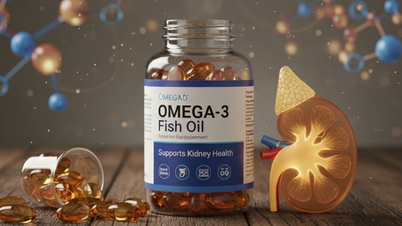

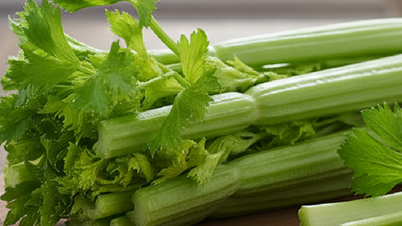
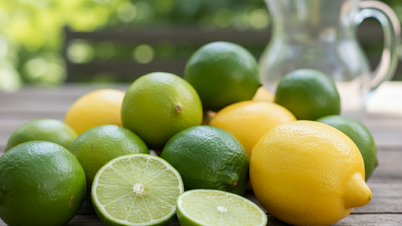
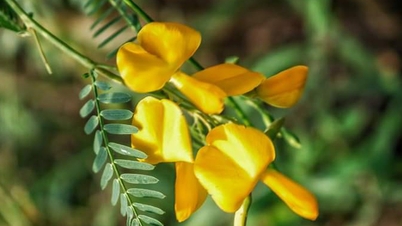
![[Video] Hanoi Oncology Hospital receives Second Class Labor Medal](https://vphoto.vietnam.vn/thumb/402x226/vietnam/resource/IMAGE/2025/11/08/1762561557241_img-2021-9778-png.webp)
















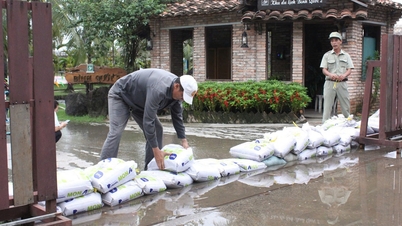


![[Photo] Da Nang: Hundreds of people join hands to clean up a vital tourist route after storm No. 13](https://vphoto.vietnam.vn/thumb/1200x675/vietnam/resource/IMAGE/2025/11/07/1762491638903_image-3-1353-jpg.webp)

















































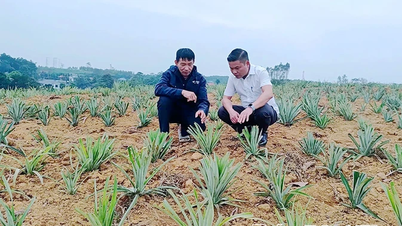







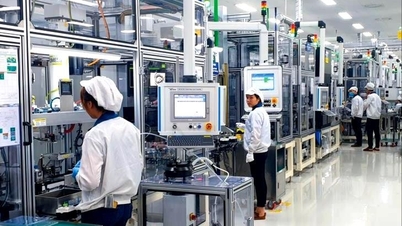
















Comment (0)